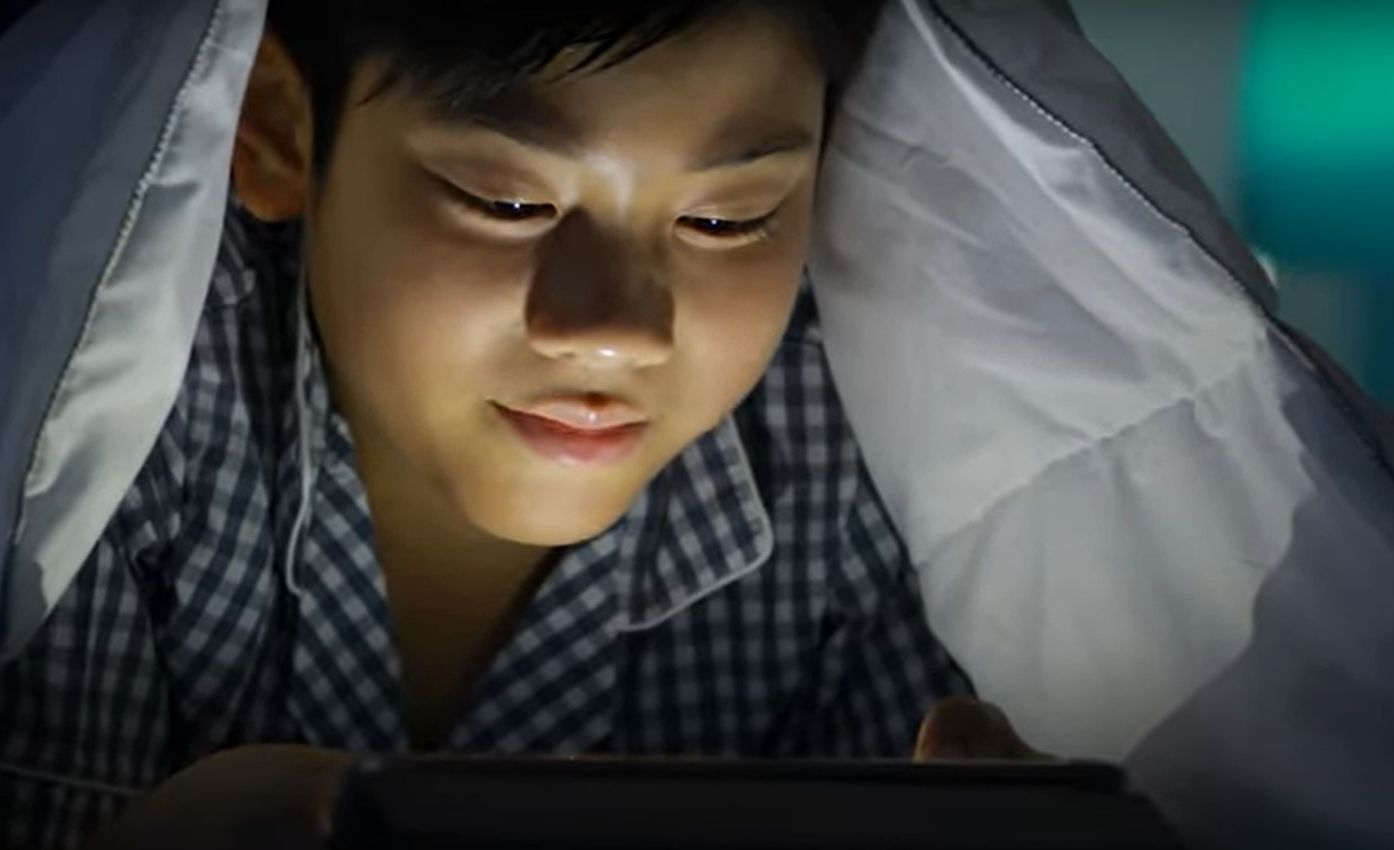Understanding Internet Addiction
You’ve probably heard that we’re all spending too much time on our phones and computers. The average American stares at a screen — usually one connected to the internet — for 11 hours a day, according to a recent Nielsen report.
As the internet becomes increasingly entwined in our lives, some experts have raised concerns around the concept of people having an internet addiction.
Internet addiction, often referred to as internet addiction disorder (IAD), isn’t a recognized condition in the most recent edition of the Diagnostic and Statistical Manual of Mental Disorders (DSM-5).
Still, many psychologists argue that excessive internet use should be treated the same as other types of addiction.
As with other types of addiction, there’s no single cause of internet addition. Several factors can play a role in the development of addiction. These factors vary from person to person.
IS IT AN ACTUAL ADDICTION?
Everyone has things they love to do regularly. There’s generally not much to worry about in having habits that don’t cause harm or distress.
For example, playing video games for a few hours on Saturdays or regularly scoping the sale rack at Nordstrom doesn’t mean you have a video game or shopping addiction.
But where is the line between a habit and addiction? It’s tricky:
- A habit is something you regularly do, usually because you’ve practiced it or incorporated it into your routine. Doing the dishes after dinner is an example of a “good” habit. But habits can also involve things like chewing your nails when you’re stressed.
- An addiction involves engaging in a behavior or consuming a substance because you feel a reward in doing so. With an addiction, you might know the behavior or substance is harmful to you, but you’re unable to stop.
If you like to surf Reddit for 20 minutes while you drink your morning coffee, that’s likely just a habit.
If you regularly find yourself unable to stop after 20 minutes and end up making yourself late for work or keeping up with important tasks, you might be dealing with something closer to an addiction.
WHAT ARE THE SYMPTOMS?
Experts have conducted many studies in an effort to pinpoint what internet addiction looks like.
According to a 2012 studyTrusted Source, you may be experiencing an internet addiction if you spend long stretches of time (defined as “many hours”) online for nonwork-related activities, such as browsing the web or playing video games, and notice any of the below symptoms:
- sudden changes in mood
- intensive worry about what’s happening online when you’re not there
- not being able to control how much time you’re spending online
- increasing your time online to achieve a certain feeling or mood
- withdrawal symptoms (irritability, physical aches, depression) when not reaching the desired amount of time online
- continued online behavior and consumption despite conflict with loved ones, or consequences at work or school
WHAT CAUSE IT ?
I AM CONCERNED ABOUT MY INTERNET ADDICTION ANY TIPS ?
If you’re worried you may have an internet addiction, there are a few things you can do to help yourself before seeking professional treatment.
WHAT DOES PROFESSIONAL TREATMENT LOOK LIKE?
HOW CAN I HELP MY LOVE ONE ?
Watching addiction play out in a loved one can be extremely difficult. If you’re concerned about someone’s internet use, there are a few things you can do.
First and foremost, reach out and let them know you love and support them. Clearly and objectively communicate your worries and concerns around their internet usage, then talk together about what may be truly affecting them.
Addiction often fuel isolation and shame, especially due to its stigma. A huge part of recovery is learning to alleviate those emotions.
As you’re helping your loved one, remember to take time to care for yourself as well.
Consider therapy, either group or individual, and join a support group in your local community. Together you can overcome addiction.

